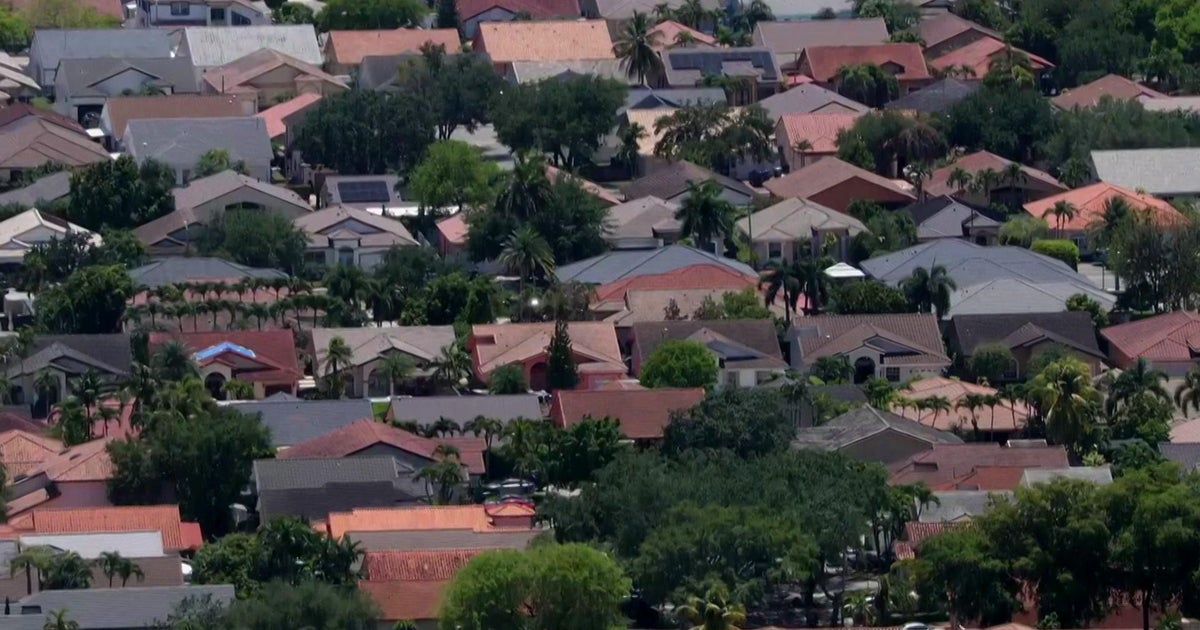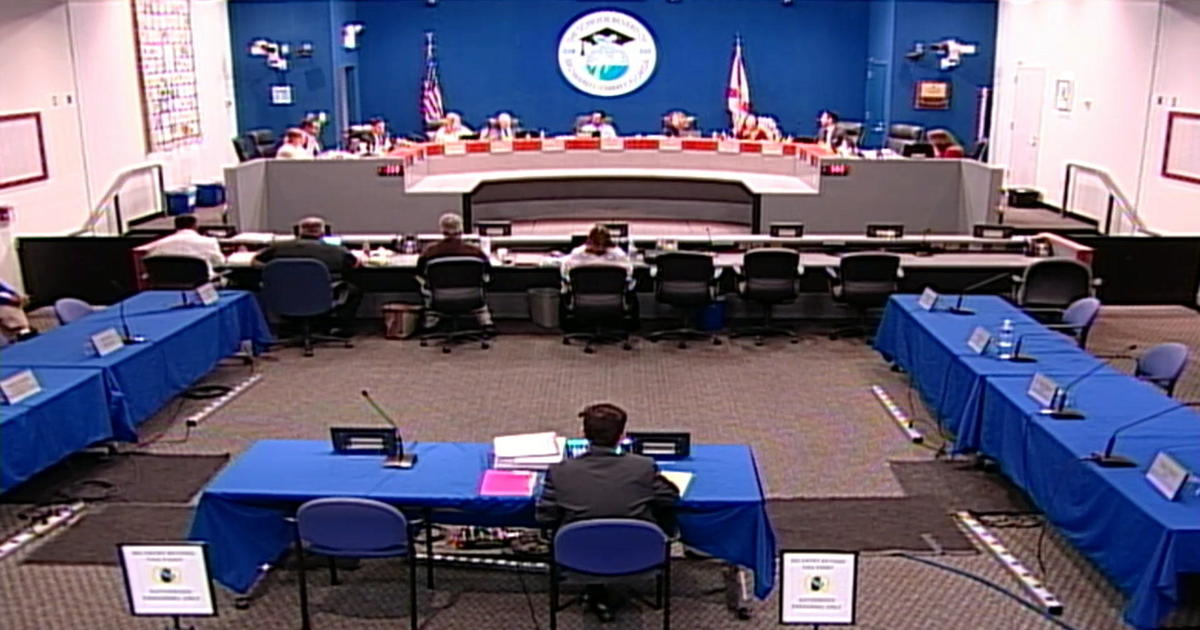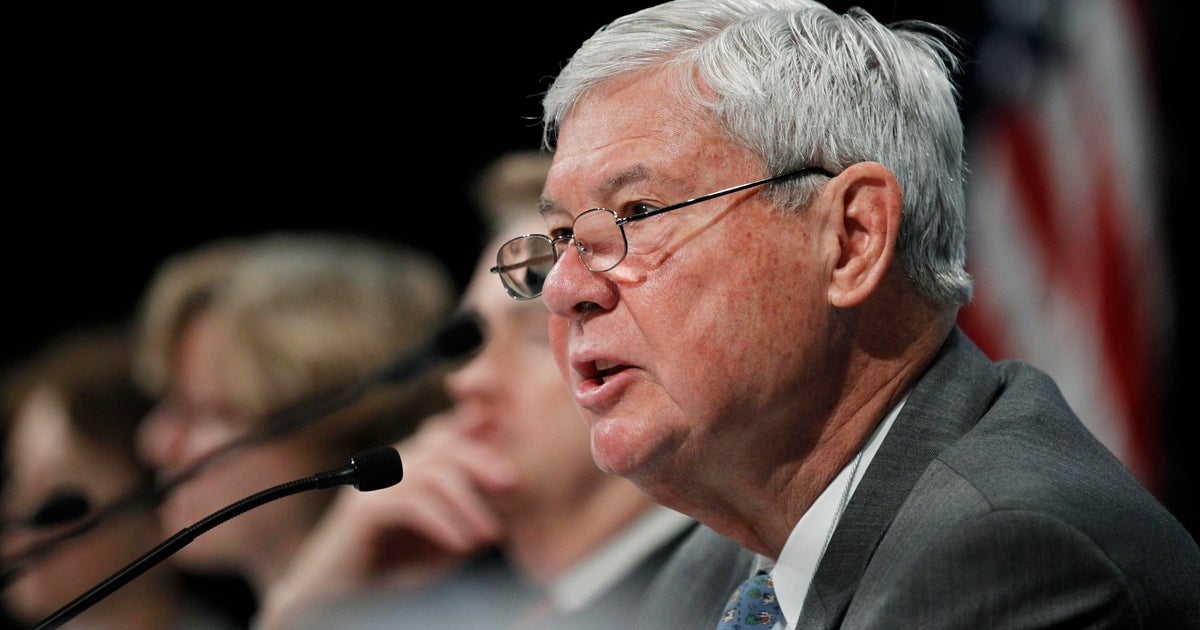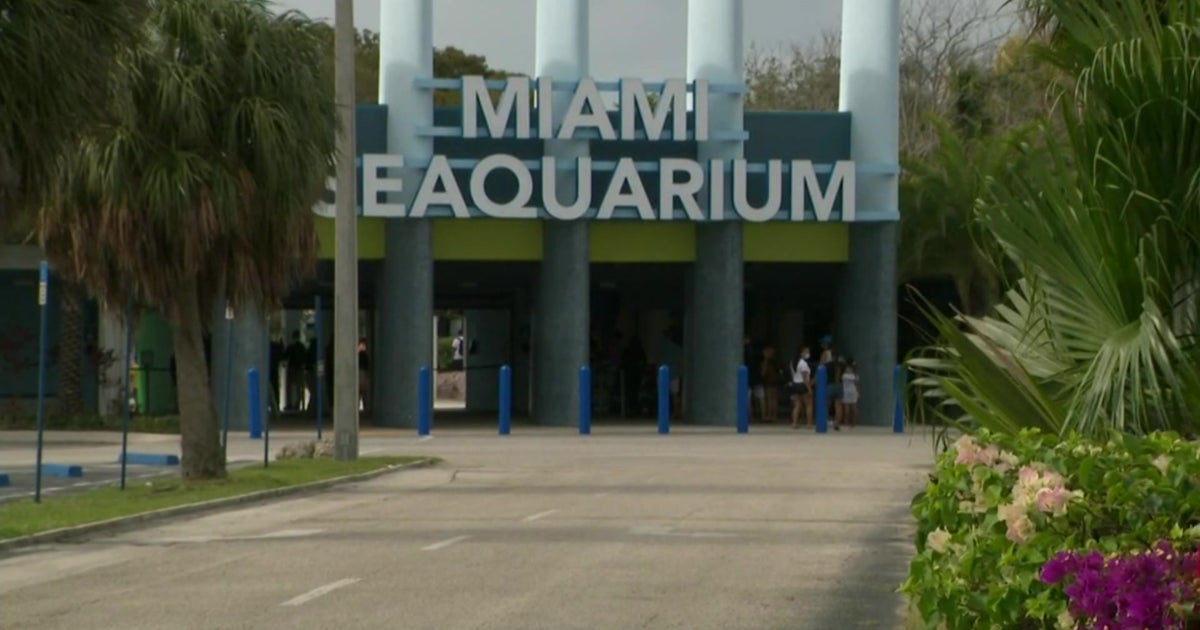Seminole Tribe Asks Appeals Court For Stay In Sports Betting Case
TALLAHASSEE (CBSMiami) - The Seminole Tribe has asked a Washington D.C.-based appeals court for a stay of a ruling that rejected a gambling deal allowing sports betting in Florida.
Attorneys for the tribe filed the emergency motion Thursday at the U.S. Circuit Court of Appeals for the District of Columbia after U.S. District Judge Dabney Friedrich ruled that the gambling deal between the state and the tribe violated federal law. Friedrich subsequently refused to stay her ruling as the tribe pursued an appeal.
The appeals court has ordered attorneys for two pari-mutuel facilities that challenged the deal to respond by noon Tuesday to the emergency motion. It also ordered a response from the U.S. Department of the Interior, which is the defendant in the lawsuit because it signed off on the gambling deal.
The tribe received control of sports betting as part of the agreement, known as a compact, which was signed this spring by Gov. Ron DeSantis and Seminole Tribe of Florida Chairman Marcellus Osceola, Jr. and approved by the Legislature during a May special session. The Department of the Interior, which oversees Indian gambling issues, signed off on the deal in August.
Owners of Magic City Casino in Miami-Dade County and Bonita Springs Poker Room in Southwest Florida, two longtime pari-mutuel facilities, filed a lawsuit against Interior Secretary Deb Haaland and her agency alleging that the sports-betting plan violated a federal law known as the Indian Gaming Regulatory Act. That law, commonly known as IGRA, creates a framework for gambling activity on tribal lands.
Friedrich's rejection of the deal centered on gamblers being able to place sports bets online from across the state, with the wagers run through computer servers on tribal property. She said that violated federal law because bets would be placed off tribal property.
"Altogether, over a dozen provisions in IGRA regulate gaming on 'Indian lands,' and none regulate gaming in another location," the Washington, D.C. judge wrote Nov. 22. "It is equally clear that the (Interior Department) secretary must reject compacts that violate IGRA's terms."
But in Thursday's emergency motion for a stay, attorneys for the Seminoles argued that Friedrich erred by denying an attempt by the tribe to intervene in the case. The tribe sought to intervene so it could file a motion to dismiss the case, based on its sovereign immunity.
If the emergency motion is successful, Friedrich's ruling would be put on hold until the appeals court can decide the intervention issue.
The motion said Friedrich's ruling "has had an immediate chilling effect on the tribe's operations. The tribe and the state stand to lose millions in lost revenues and revenue-sharing payments, and hundreds of jobs could be lost or furloughed pending resolution of these issues on appeal."
"Granting the stay will not cause any immediate harm to plaintiffs (the pari-mutuels), who have only alleged speculative harms at this point," the motion said. "Granting a stay would be in the public interest as it would maintain in place an agreement that three sovereign governments --- the tribe, the state of Florida, and the United States --- all agree fully complies with the requirements of federal and state law."
But in her ruling, Friedrich said the case could proceed without the tribe.
"Because the tribe moved to intervene solely to move for dismissal, because the tribe seeks dismissal on the sole ground that it is indispensable, and because the tribe is not indispensable, the tribe's motion for limited intervention is denied as moot," she wrote.
Under the 30-year compact, the Seminoles agreed to pay the state at least $2.5 billion over the first five years in exchange for controlling sports betting and being allowed to add craps and roulette to the tribe's casino operations. The motion for a stay said the tribe paid $37.5 million to the state in October and another $37.5 million in November.
The "hub-and-spoke" sports-betting plan was designed to allow gamblers anywhere in Florida --- except on other tribal lands --- to place bets with mobile apps or other devices, with the compact saying bets "shall be deemed to be exclusively conducted by the tribe." The tribe started offering sports betting Nov. 1.
But Magic City Casino and Bonita Springs Poker Room alleged that the sports-betting plan violated federal law and would cause a "significant and potentially devastating" impact on their businesses.
Although the compact deems sports betting to occur at the location of the tribe's servers, "this court cannot accept that fiction," Friedrich wrote in her ruling.
"When a federal statute authorizes an activity only at specific locations, parties may not evade that limitation by 'deeming' their activity to occur where it, as a factual matter, does not," she added.
(©2021 CBS Local Media. All rights reserved. This material may not be published, broadcast, rewritten, or redistributed. The News Service of Florida's Jim Saunders contributed to this report.)



